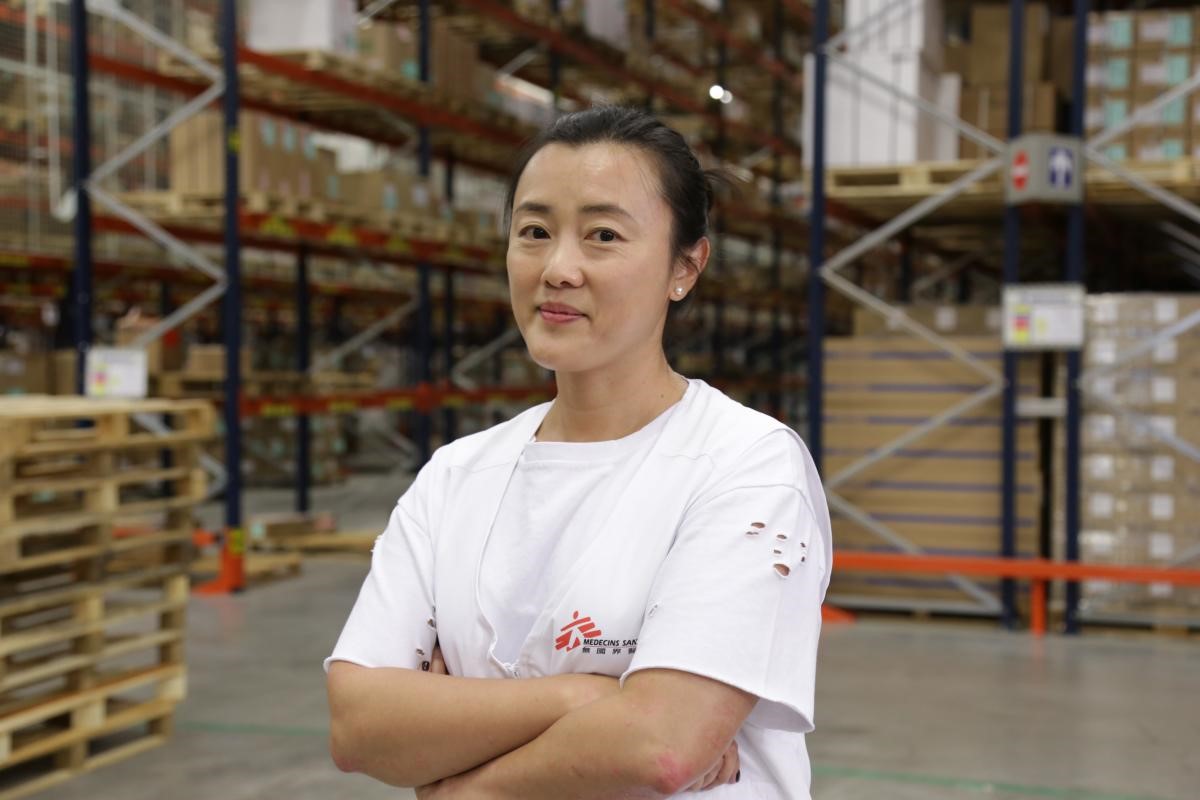Dear friends,
While we gradually moved on from the heavy impacts of the COVID-19 pandemic in 2022, other new and existing crises did not slow down. Médecins Sans Frontières(MSF) remained committed to supporting affected communities and assessing the evolving contexts to improve our operations and organisational governance.
Over the past year, the war in Ukraine has escalated significantly. Since February 2022 more than 5.3 million people have been internally displaced, while 8.1 million have fled to other countries. This kind of mass exodus is not limited to Ukraine alone, as other conflict-ridden places like Haiti and the Central African Republic have also forced tens of thousands to abandon their homes and risk their lives for mere survival. The repercussions of these conflicts have exacerbated existing issues, such as the already fragile healthcare systems that face setbacks and suspended services, thereby leaving patients without essential support. In Haiti, where violence continued to persist in 2022, hospitals had to reduce or suspend services for security reasons. In some areas, patients could only be treated in basements or windowless rooms due to the constant risk of crossfire and stray bullets.
It is worth highlighting that since the escalation of the war in Ukraine, European leaders have taken proactive measures to assist those who have fled, such as safe passage and medical care. As a humanitarian medical organisation we welcomed such arrangements, yet we have not witnessed equal treatment of the displaced and migrants from other countries by the EU member states. Violent pushbacks and administrative obstructions are common in the Mediterranean, Poland, Belarus, and elsewhere. Even upon arrival, people are often excluded from healthcare and humane treatment. The arrangements for Ukrainian refugees demonstrated the possibility of a better, more humane immigration policy. The EU must review its approach to ensure equality and dignity for all those who left their homes for safety.
Besides war and conflict, climate change is a threat that cannot be overlooked. Madagascar has been one of the most vulnerable countries to the impacts of climate change. Two devastating storms in early 2022 severely damaged local agriculture in southeast Madagascar’s, exacerbating the already high rates of chronic malnutrition. The convergence of conflict and climate change will make people more vulnerable to epidemics and diseases.
In addition to responding to medical needs, MSF has also signed the Climate and Environment Charter for Humanitarian Organisations to drive action plans against climate change, review the carbon emissions and ecological footprint of our operations, and ensure we prioritise the needs of the most vulnerable communities.
In Hong Kong, with the fifth wave of the COVID-19 pandemic hitting hard in early 2022, MSF swiftly formed a project team and launched a multi-pronged response. With a people-centred approach, we took different needs of the community members into considerations, striving to provide the most appropriate support to vulnerable groups like the elderly and people experiencing homelessness. During the project, we found that some of them had difficulties in accessing healthcare services and accurate medical information, and might feel isolated and helpless. Despite the conclusion of the project, we still think of these marginalised individuals and are exploring future opportunities for assistance.
Apart from our response, we also constantly review our actions internally and externally, as well as the values we uphold. We reflected on what kind of an organisation we want to be in this environment. The space for humanitarian aid has been shrinking in recent years, and our colleagues have faced threats to their safety and the risk of being criminalised simply for providing medical care. Our commitment to helping those in need should never come at the expense of our staff. This is a fundamental principle that guides us in the evaluation of our strategy. Furthermore, when we bear witness for our patients and the communities we care for through various channels, we must think twice whether the process may expose them to unnecessary risk or distress. Values evolve over time, and we cannot blindly adhere to practices that were widely accepted in the past.
Our commitment remains strong in this rapidly evolving world: safeguarding the health and well-being of the most vulnerable. Whether for individuals seeking safety amidst conflicts, or those impacted by diseases or health problems like malnutrition, we do our utmost to provide aid and raise awareness in different sectors. We are grateful for your continued support along this journey.
 |
 |
|
President, MSF Hong Kong Board Suet Fong Lim |
Executive Director, MSF Hong Kong Jenny Tung |
 |
 |




